Many agricultural and veterinary students are pencilling in their host farmers and arranging dates with their college co-ordinator in the last few weeks.
Students taking placements on busy farms in the spring period is a mutually beneficial arrangement; students receive valuable hands-on experience while farmers receive enthusiastic, seasonal labour to help them in their busiest period.
But the arrangement has to be that - mutually beneficial. Students cannot be seen as a cheap, readily available source of labour. Their needs coming on to the farm need to be taken into account.
Means
The best means of recruiting student labour is to contact an agricultural or veterinary college. Some colleges have approved host farms with criteria in place, while other leave it to students to organise their own placements.
Talk to the placement co-ordinator to outline the key facts of the farm: size, enterprise, livestock numbers or crop acreage.
The duties the student will be required to perform should also be listed, as should the preferred time period in which students would be on farm.
Flexibility around start and finish dates should be taken, as students have several placements to attend during the semester and may well be travelling abroad as part of this.
Accommodation
Having on-farm accommodation will greatly improve the number of students that may choose to complete their placement on farm.
Short-term accommodation is hard found and expensive, so a lack of accommodation results in the pool of students being reduced to those within a commutable distance.
Where students will be required to drive farm vehicles, this should be noted to the placement co-ordinator and to students who contact the farmer seeking placement opportunities.



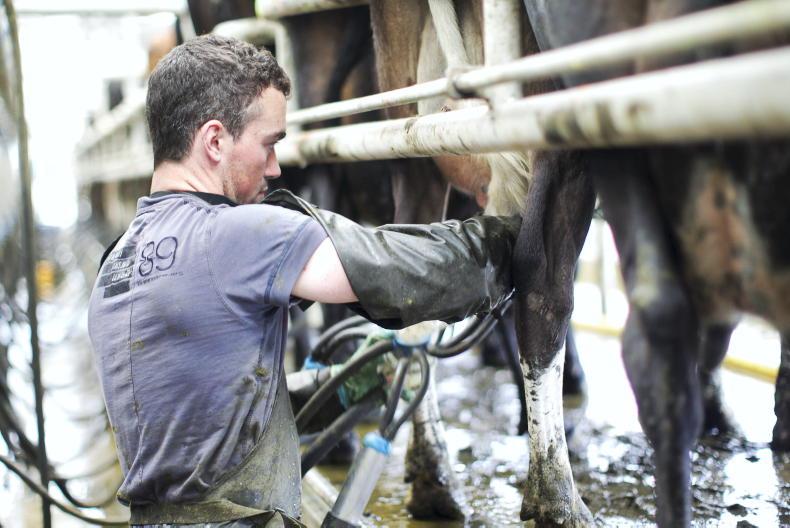

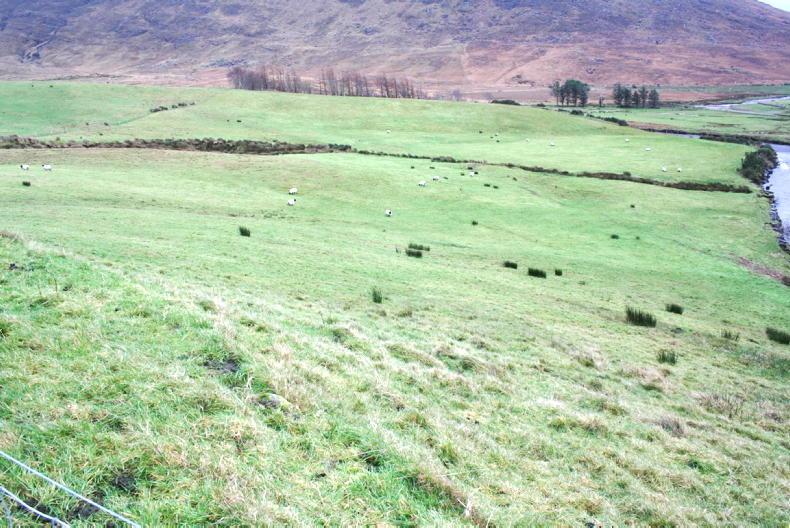

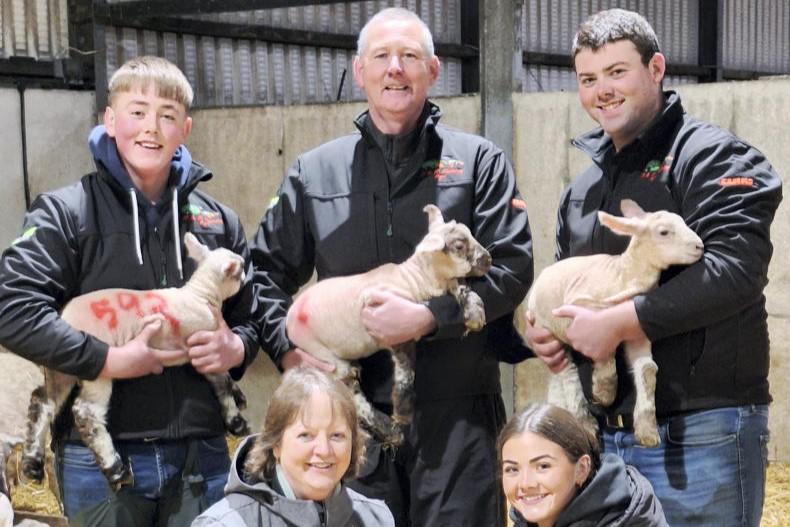
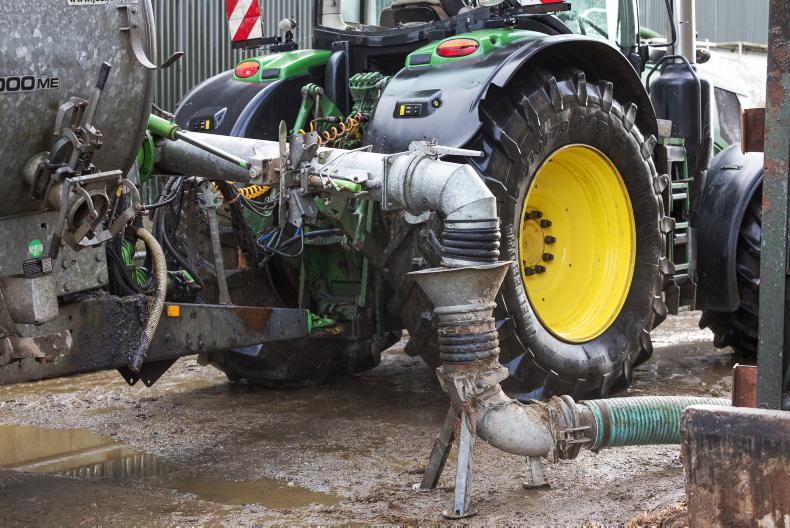
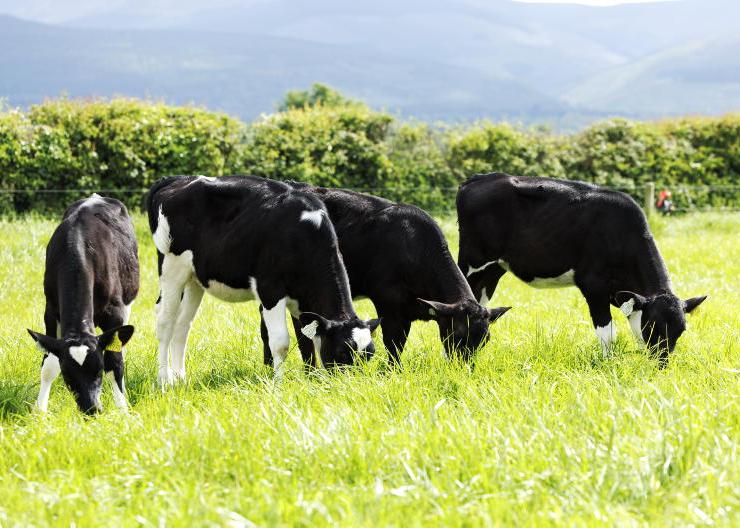
SHARING OPTIONS